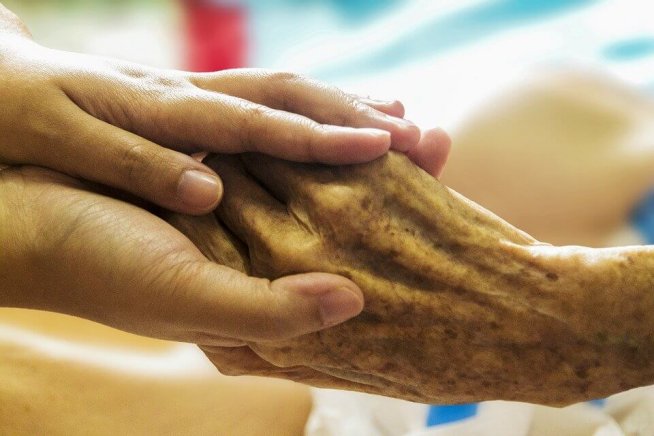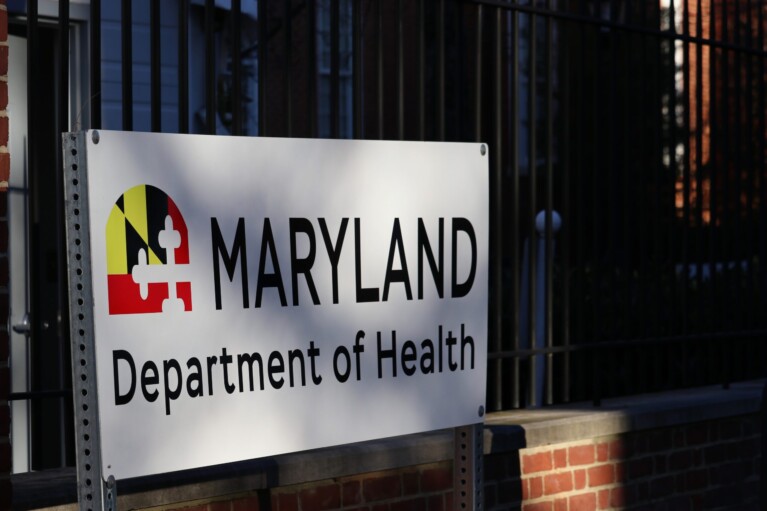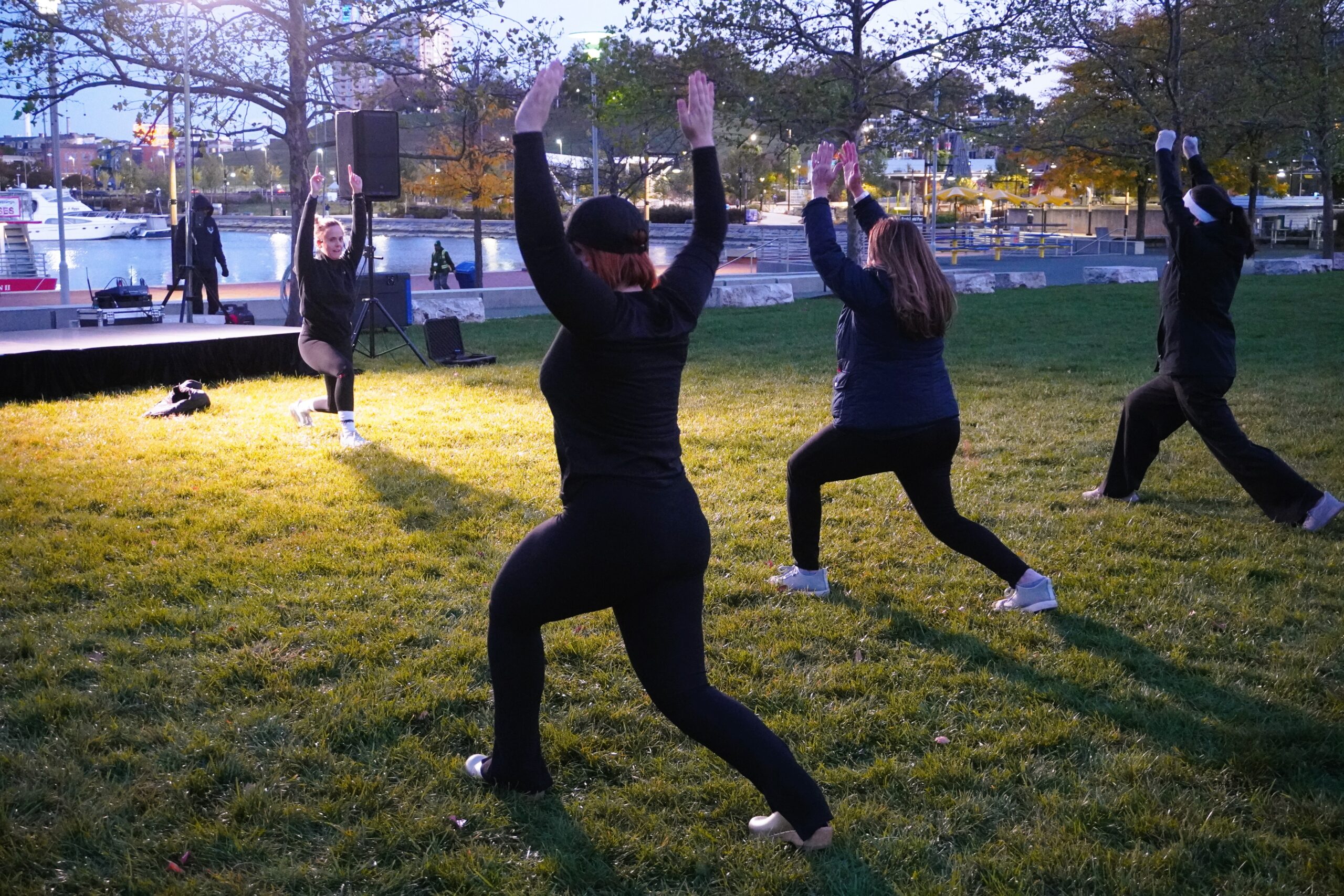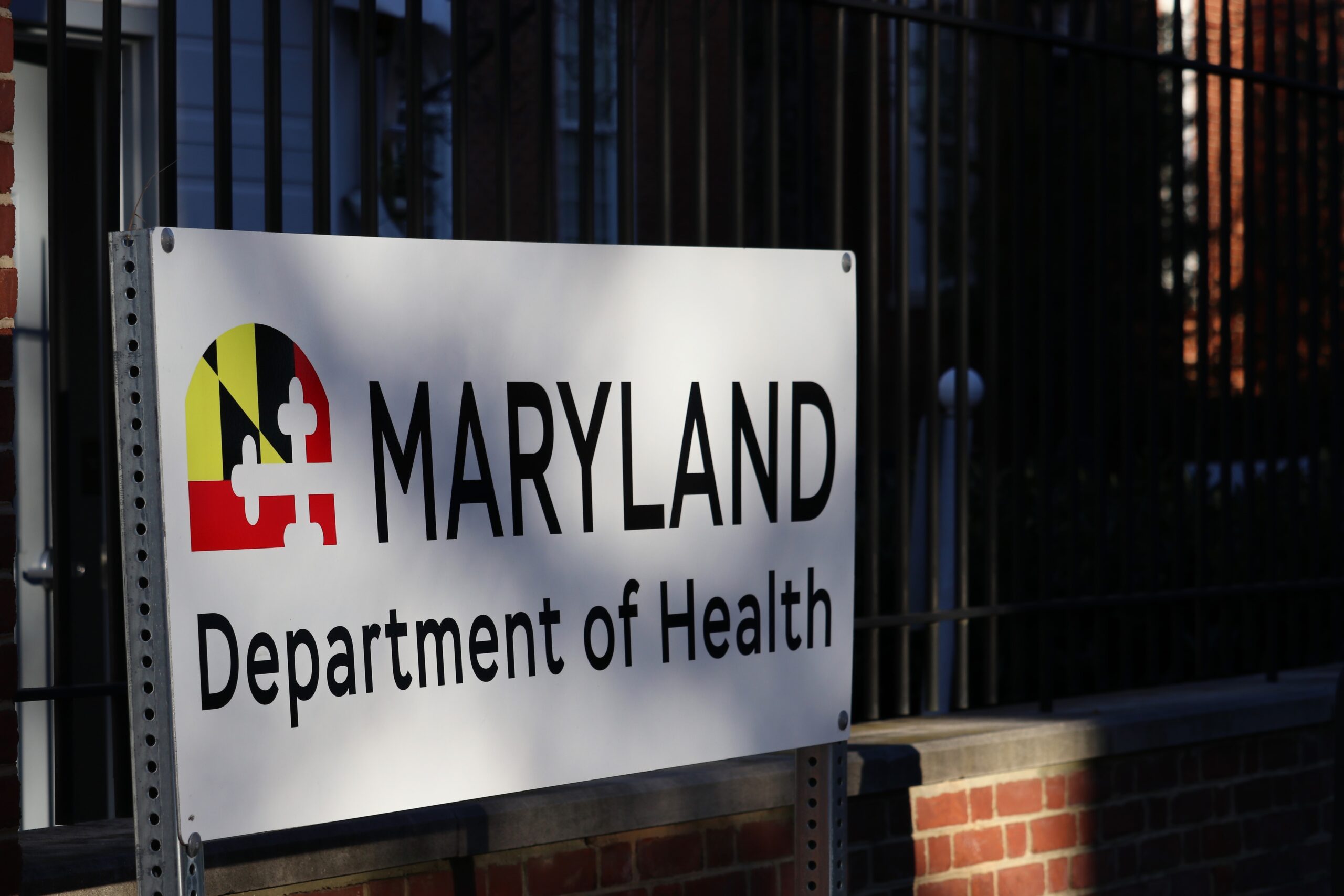
Recent news on COVID-19 in Maryland’s nursing homes sparks deep concern about the safety of our elderly friends and relatives. This concern, however, should also motivate discussion on viable alternatives to nursing homes.
At present, the Maryland Department of Health reports that nursing homes account for over half of the deaths caused by COVID-19. Even more troubling, more than 20% of the state’s 20,113 confirmed cases as of April 28 were attributed to nursing homes.
Nursing homes are necessary for many folks who are severely limited in their activities of daily living. However, there are other options that policymakers need to consider in light of the high rates of COVID-19 in nursing homes.
I particularly speak toward the need for family-based, in-home senior care.
Here, I outline a few reasons why we ought to focus on improving reimbursement for family-based, in-home senior care and incentivize this form of care as an alternative to nursing homes.
First and perhaps most obvious, most seniors would like to stay in their homes and age in a place where they are most comfortable. In-home senior care allows folks to stay at home and have care providers come to them. Some folks may require one to two visits per week, while others may require daily visits. With guidance from their principal caretakers, they can itemize which services the most need and have those services administered when needed.
Second, the out-of-pocket costs involved in providing in-home care may seem like a lot if Medicaid or private insurers do not improve current reimbursement. At present, Medicare does not cover costs of long-term care, so the financial burden falls largely on Medicaid, i.e., publicly financed insurance for low-income and low-net-worth individuals. For many Baltimoreans, Medicaid is a primary source of health care coverage, and so it makes sense to explore ways that Medicaid — as a state institution — can improve coverage for in-home care.
Third, in-home care can be provided by a relative or family friend, which can in part be reimbursed through Maryland’s Medical Assistance Personal Care Program and the National Family Caregiver Support Program. These programs provide help to families who struggle to care for frail older relatives or persons with disabilities. The support, however, is more nominal than real.
Fourth, to start a deeper conversation on in-home care at a policy level, we need to get real with the flawed logic that nursing homes serve as better alternatives to families.
The standard logic is that nursing homes are better situated to accommodate a person’s needs because families may not be intact or may be overburdened by the needs of an ailing family member. There are two problems with this reasoning.
First, every family has its own style and its own dysfunction of some kind or another. Social workers and Medicaid nurse reviewers could become key agents in identifying the circumstances that face a family. Their goal could be to promote in-home care over nursing homes and recommend nursing homes only as a means of last resort.
Second, engaging and empowering families can render positive externalities because when relatives and close peers become trained caregivers, they become equipped with skills like CPR, first aid and monitoring medication use. These skills can come into use long after their shift hours end.
In the current pandemic, we need to step up our efforts to ensure that family caregivers receive the support needed to become key agents of in-home care. When outside services are needed, elderly persons could rely on agencies that provide pay-by-the-minute services so that Medicaid or private insurers pay only for specific services. Apps like CaringOnDemand currently do this and allow users to schedule care when they need it.
While there is a lot to discuss regarding the tradeoffs of pursuing an in-home care model over nursing homes, we should not neglect the urgency of the current situation.
COVID-19 is on the rise in Maryland’s nursing homes. We should use this time to recognize the real rewards that come with enabling families to provide needed care for their ailing loved ones. By doing so, we will not only empower families, we will save lives both during the current crisis and beyond.
— JOVANI PATTERSON
The writer, a Republican, is a candidate for Baltimore City Council president.
Did someone forward this to you?
Get your own daily morning news roundup in your inbox. Free. Sign up here.




 Creative Commons Attribution
Creative Commons Attribution